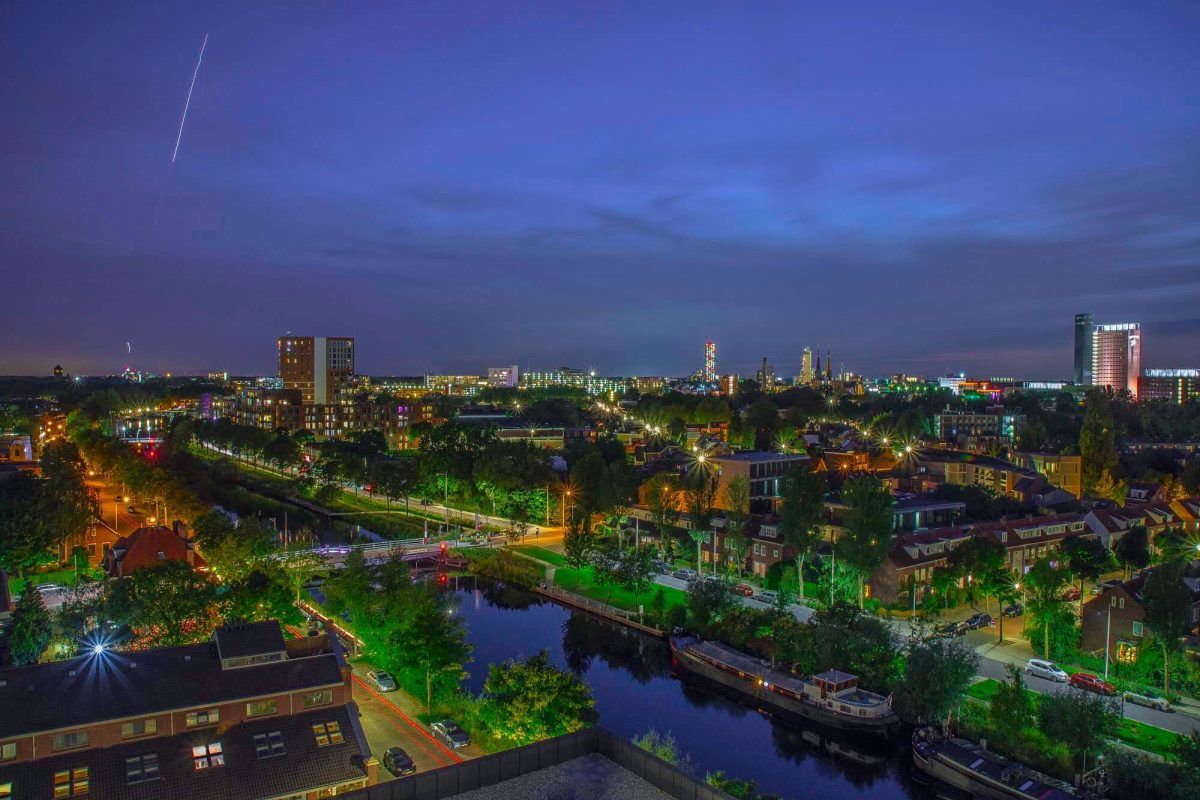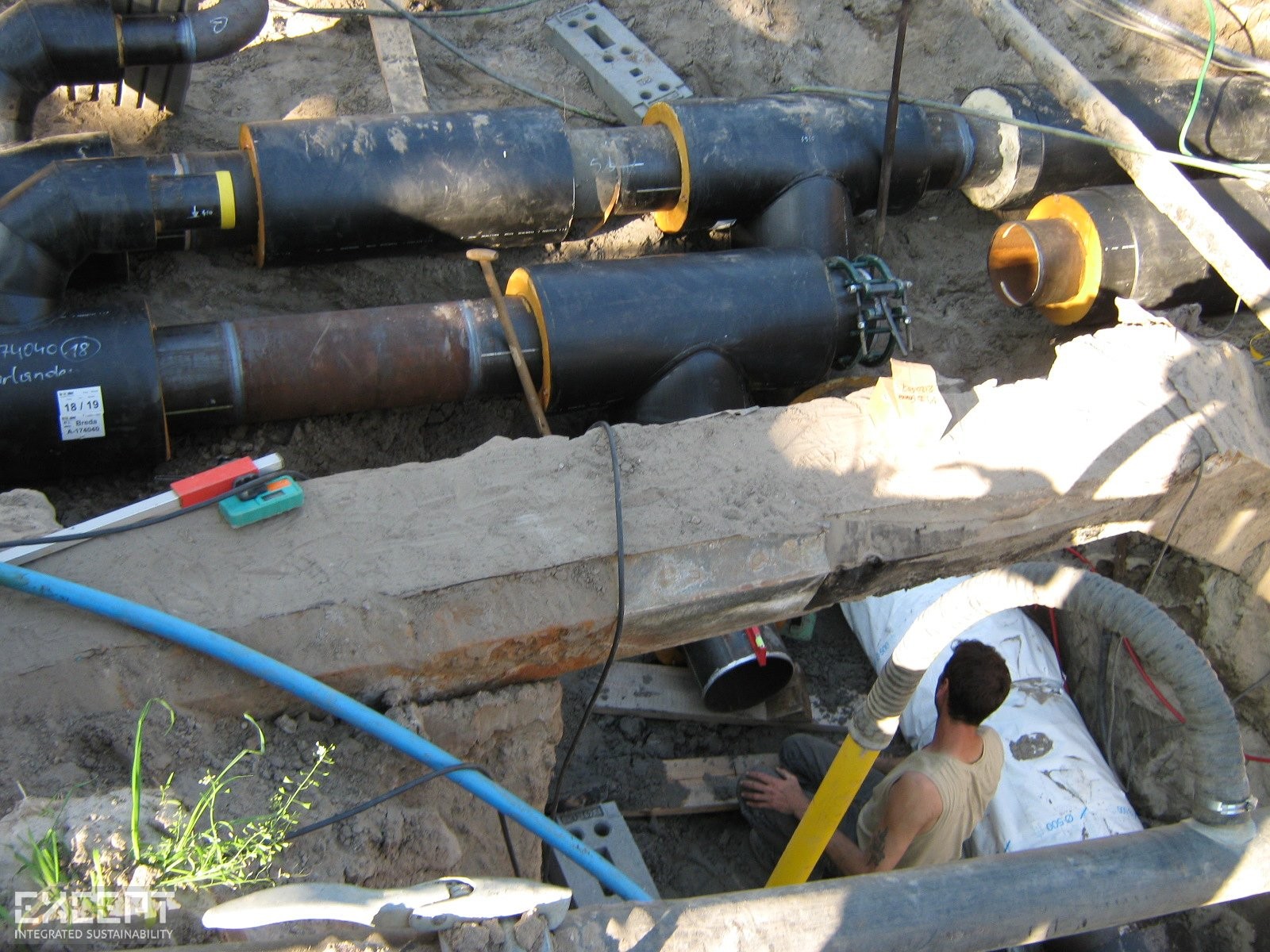
Vision for Heating in Tilburg
More just, affordable and sustainable
May 21, 2013
This project researches a sustainable district heating system in the Dutch city of Tilburg, developed with our consortium partners. The vision includes ecological and social sustainability and functions as the starting point for all parties to cooperate toward a sustainable and carbon-neutral heat provision.
Tilburg aims for climate neutrality in 2045. This objective can only be achieved if parties work together. Therefore, on March 26th, a Green Deal was signed by the Tilburg council, MOED, Essent, Attero BV, and Brabant Water. By initiating the new deal, these parties agree to develop a vision for a more sustainable heat network jointly. In doing so, the Green Deal partners demonstrate that they wish to work from a shared vision towards making Tilburg's heat supply more sustainable.
The heat network is one component of the heat supply in Tilburg. Making the heat grid more sustainable is therefore not a separate issue. Home insulation and a demand reduction are also required to ensure a sustainable heat supply. The Amer power plant provides the current heat supply. The heat network should operate independently of fossil sources to ensure longevity and sustainability.

In addition to profitable ecological sustainability, the vision also includes social sustainability. For years there has been a persistent debate about the pricing of heat and the dependence of customers on a single supplier.
Sustainability (ecological and social) can be achieved by working towards diversity in heat sources (sustainable heat sources). These can be implemented on a large or small scale (bio-CHP). Through participation in (small-scale), heat sources parties will eventually be able to meet their own local heat demand. An inviting policy is needed for parties to connect their heat source to the heat grid. In addition, customers can be offered greater freedom of choice by working towards product and tariff differentiation.
Simultaneously reducing demand, making the heat more sustainable, product differentiation, and encouraging local initiatives and participation are not easy tasks. Nor is there a single party who can tackle all these issues independently.
Parties that can contribute to the described goals include:
The vision indicates which development paths are profitable and how the sustainability process can be accelerated in the short and long term. Local stakeholders were involved in developing the vision and it was presented and tested for support. The roadmap sets out a step-by-step plan for realizing the ingredients of the vision.
The vision visualizes the relations between all essential elements and stakeholders of the city's underground heating system, and maps how each potential pathway impacts the desired goals. It offers a clear roadmap for the implementation of its trajectory.
We developed the vision based on precedent research, an expert meeting, stakeholder interviews, detailed business case calculations for different scenario's, and a stakeholder feedback session. We worked with local stakeholders to develop and assess the vision to ensure a commonly shared vision.
The road map enables the implemenation of the vision. The visions document is richly illustrated and great care has been taken to generate insight in the vision and the reasoning behind it.
The vision is developed for:
May 21, 2013
Communication Strategist
Except Integrated Sustainability
Senior Associate
Except Integrated Sustainability
Strategist
Overview B.V.
Technical & Business Case Analyst
Ovalen Tafel/ New Energy Works
Strategist
Sustainomy
Juridical Support
Loyens & Loeff
Downloads
Related Items